Race and Ethnicity: White - Starting with M
aka: Martha Elizabeth Beall Jennings Mitchell
Mitchell, Richard Bland
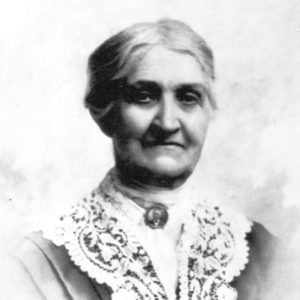 Sarah Elizabeth Mitchell
Sarah Elizabeth Mitchell
Mitchell, Sarah Elizabeth Latta
Mitchell, William Starr (Will)
Mock, Lucy Byrd
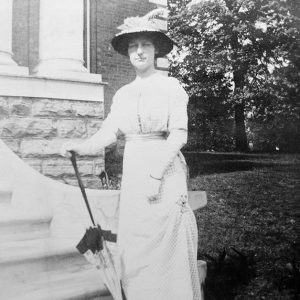 Lucy Byrd Mock
Lucy Byrd Mock
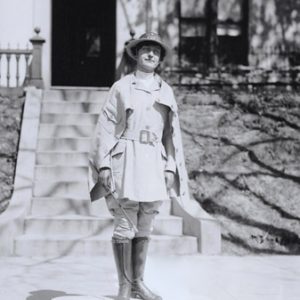 Lucy Byrd Mock
Lucy Byrd Mock
Moffatt, Carolyn
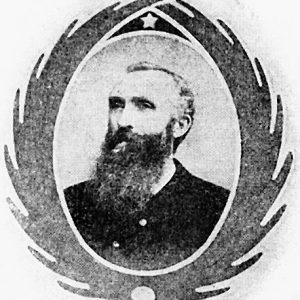 Hugh Molloy
Hugh Molloy
 Rick Monday
Rick Monday
Monday, Rick
 Rick Monday
Rick Monday
 Rick Monday
Rick Monday
Monroe County Lynching of 1915
aka: H. M. Gandy (Lynching of)
aka: Jeff Mansell (Lynching of)
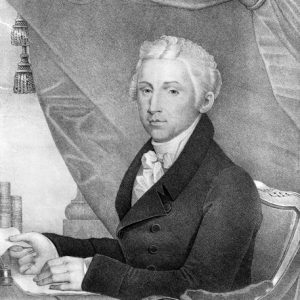 James Monroe
James Monroe
Monroe’s First/Sixth Arkansas Cavalry (CS)
Montana, Patsy
aka: Ruby Blevins
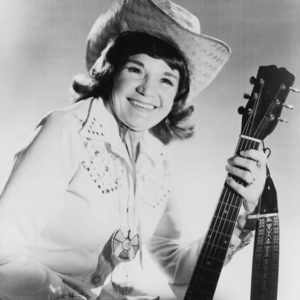 Patsy Montana
Patsy Montana
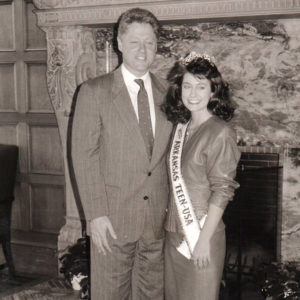 Montgomery and Clinton
Montgomery and Clinton
 Bonnie Montgomery
Bonnie Montgomery
Montgomery, Bonnie
 Paula Montgomery
Paula Montgomery
 Paula Montgomery
Paula Montgomery
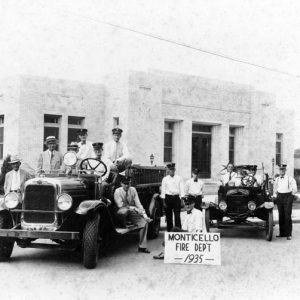 Monticello Fire Department
Monticello Fire Department
Monument to Confederate Women
Moon, Wallace Wade (Wally)
 Wally Moon
Wally Moon
 Wally Moon
Wally Moon
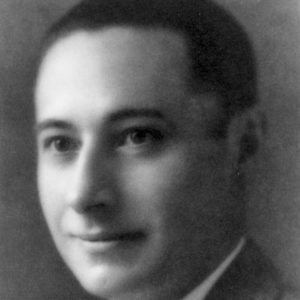 Robert Booth Moore
Robert Booth Moore
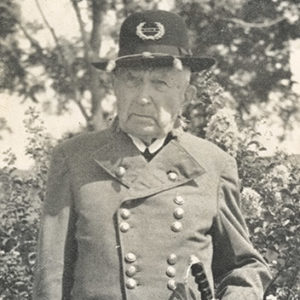 James W. Moore
James W. Moore
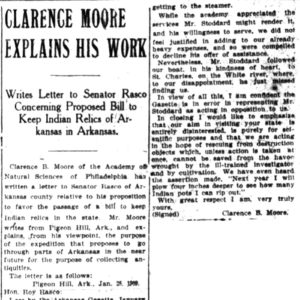 Clarence Moore Article
Clarence Moore Article
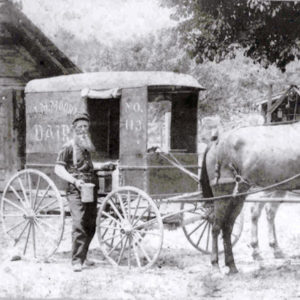 J. M. Moore Delivering Milk
J. M. Moore Delivering Milk
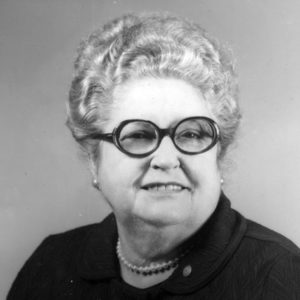 Bessie Moore
Bessie Moore
Moore, Bessie Grace Boehm
Moore, Clarence Bloomfield
Moore, Elias Bryan
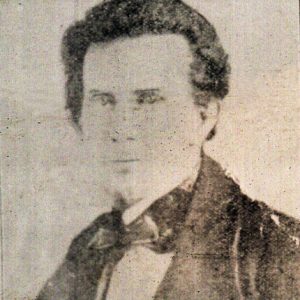 James Moore
James Moore
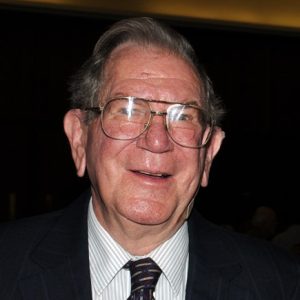 James Moore
James Moore
Moore, James Norman (Jim)
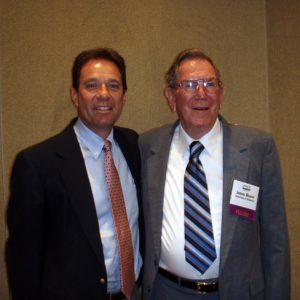 Jim Moore
Jim Moore
 Jim Moore
Jim Moore
Moore, Justin Cole
Moorman, Charlotte
aka: Madeline Charlotte Moorman Garside
Moosberg, Carl Avriette
Moose, James Sayle, Jr.
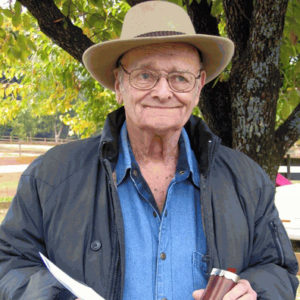 Bill Moran
Bill Moran
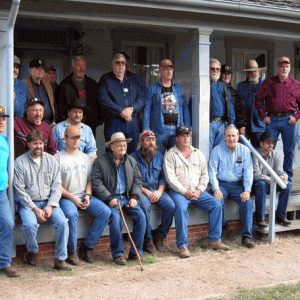 Bill Moran School of Bladesmithing
Bill Moran School of Bladesmithing




